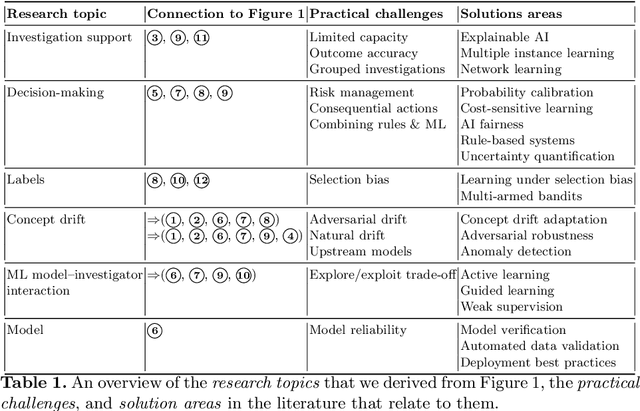Mathijs de Jong
Correcting for Selection Bias and Missing Response in Regression using Privileged Information
Mar 29, 2023



Abstract:When estimating a regression model, we might have data where some labels are missing, or our data might be biased by a selection mechanism. When the response or selection mechanism is ignorable (i.e., independent of the response variable given the features) one can use off-the-shelf regression methods; in the nonignorable case one typically has to adjust for bias. We observe that privileged data (i.e. data that is only available during training) might render a nonignorable selection mechanism ignorable, and we refer to this scenario as Privilegedly Missing at Random (PMAR). We propose a novel imputation-based regression method, named repeated regression, that is suitable for PMAR. We also consider an importance weighted regression method, and a doubly robust combination of the two. The proposed methods are easy to implement with most popular out-of-the-box regression algorithms. We empirically assess the performance of the proposed methods with extensive simulated experiments and on a synthetically augmented real-world dataset. We conclude that repeated regression can appropriately correct for bias, and can have considerable advantage over weighted regression, especially when extrapolating to regions of the feature space where response is never observed.
Machine Learning for Fraud Detection in E-Commerce: A Research Agenda
Jul 05, 2021
Abstract:Fraud detection and prevention play an important part in ensuring the sustained operation of any e-commerce business. Machine learning (ML) often plays an important role in these anti-fraud operations, but the organizational context in which these ML models operate cannot be ignored. In this paper, we take an organization-centric view on the topic of fraud detection by formulating an operational model of the anti-fraud departments in e-commerce organizations. We derive 6 research topics and 12 practical challenges for fraud detection from this operational model. We summarize the state of the literature for each research topic, discuss potential solutions to the practical challenges, and identify 22 open research challenges.
 Add to Chrome
Add to Chrome Add to Firefox
Add to Firefox Add to Edge
Add to Edge